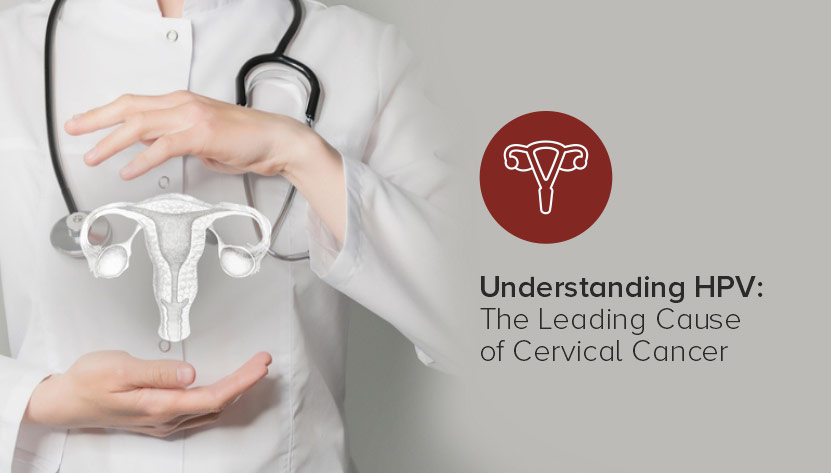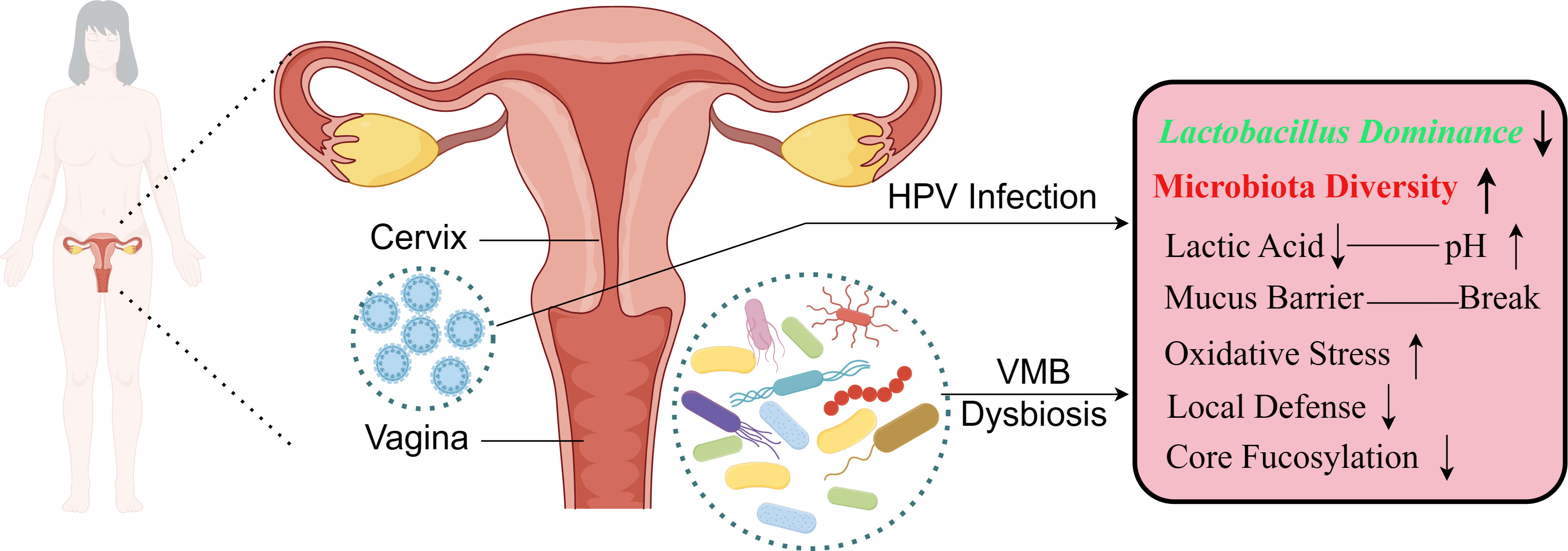


Date: 11 Nov 2025
Human Papillomavirus (HPV) is one of the most prevalent sexually transmitted infections globally. While many strains of HPV are harmless and resolve without intervention, certain high-risk types are directly linked to cervical cancer.
Cervical cancer is the fourth most common cancer among women worldwide, and in most cases, it is caused by persistent infection with high-risk HPV types—primarily HPV 16 and HPV 18. These viral strains are responsible for nearly 70% of cervical cancer cases. HPV infects the epithelial cells of the cervix, gradually altering them and potentially leading to malignancy if undetected or untreated.
Transmission of HPV occurs through intimate skin-to-skin contact, with sexual activity being the most common route. Because the virus often remains asymptomatic in its early stages, regular cervical screenings and HPV tests are essential for early detection and intervention.
Vaccination has revolutionized cervical cancer prevention. Two vaccines—Gardasil® and Cervarix®—have been clinically proven to protect against the most dangerous strains of HPV.
Gardasil® offers protection against HPV types 6, 11, 16, and 18. Types 6 and 11 are primarily responsible for genital warts, while 16 and 18 are linked to cervical, vulvar, vaginal, and anal cancers. Gardasil® is approved for both girls and boys aged 9 to 26 years, promoting early protection before potential exposure through sexual activity.
Cervarix® specifically targets HPV types 16 and 18 and is recommended for girls aged 9 to 26 years. It provides strong immunogenicity and long-term protection against the two strains most closely associated with cervical cancer.
Both vaccines are administered as a series of two to three injections over a six-month period, depending on the recipient’s age and immune response.

While vaccination remains the most effective preventive measure against HPV-related cervical cancer, several pharmacy products play a supporting role in prevention and wellness.
Maintaining vaginal hygiene can help support a healthy pH balance, reducing irritation and inflammation that may otherwise compromise natural defenses.
Using a quality lubricant during intercourse reduces micro-tears in the vaginal wall, which can serve as entry points for HPV and other pathogens.
HPV vaccination is most effective when administered prior to exposure. For this reason, health authorities, including the World Health Organization (WHO) and Centers for Disease Control and Prevention (CDC), recommend initiating the vaccine series between ages 9 and 12.
Public awareness and education are also critical in combating the stigma surrounding HPV. Encouraging open conversations about sexual health, screening, and vaccination empowers individuals to take proactive steps toward protecting their health.
HPV is a major risk factor for cervical cancer, but with modern advancements in vaccination and preventive care, the disease is increasingly preventable. Gardasil® and Cervarix® offer robust protection, particularly when administered early.
When paired with regular screenings and supportive pharmacy products—such as intimate hygiene solutions and lubricants—women and men can significantly reduce their risk of HPV transmission and cervical cancer development.
1. What is the connection between HPV and cervical cancer?
Human Papillomavirus (HPV) is the leading cause of cervical cancer. Persistent infection with high-risk HPV types—especially HPV 16 and 18—can cause abnormal cell changes in the cervix, which may develop into cancer if not detected and treated early.
2. At what age should HPV vaccination begin?
The World Health Organization (WHO) recommends HPV vaccination for girls and boys between 9 and 12 years, ideally before they become sexually active. Early vaccination ensures maximum protection before potential exposure to the virus.
3. What are the available HPV vaccines and how do they work?
Two main HPV vaccines—Gardasil® and Cervarix®—protect against the high-risk HPV types that cause cervical and other cancers. Gardasil® also prevents genital warts by covering types 6 and 11, while Cervarix® focuses on types 16 and 18, providing strong, long-term immunity.
4. Can pharmacies help in HPV and cervical cancer prevention?
Yes. Pharmacies play a vital role by offering HPV vaccines, educating clients on cervical cancer screening, and providing supportive wellness products like FemFresh Daily Intimate Wash and Skins Lube Superslide 3-in-1 Lubricant, which promote healthy intimate care and reduce irritation or infection risks.